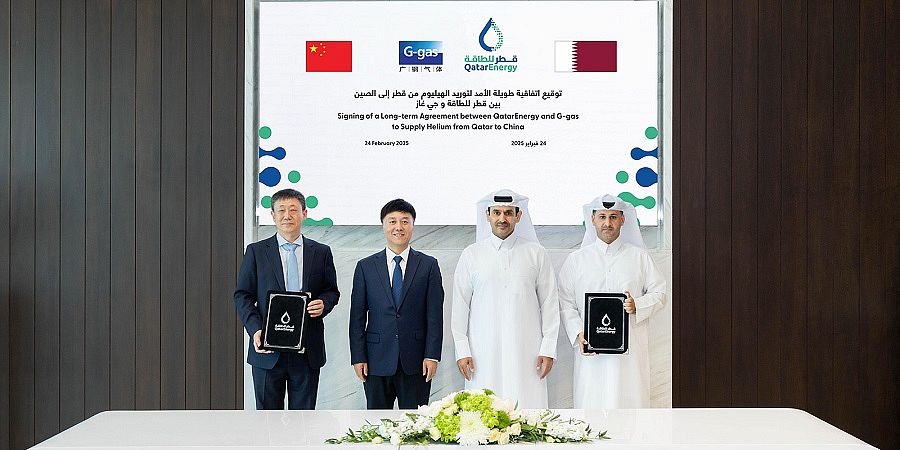As we can read in the article of Index, the expert said that Hungary’s daily oil consumption is about 180 000 barrels, of which Russian oil accounts for about 65%.
Due to the government-imposed price cap, № 95 petrol and diesel are currently available at petrol stations for HUF 480.
However, those who are not eligible for the price freeze must still buy at the market price, as 24.hu reports.
The average price of a litre of № 95 petrol is HUF 634 (EUR 1.64), and it is HUF 687 (EUR 1.78) for diesel.
According to the Hungarian government, it would cause further price rises if the country joined the EU embargo on Russian oil, so it continues to oppose the relevant EU sanctions.
Government politicians say that fuel would then cost HUF 700 (EUR 1.81) or even 800 (EUR 2.07).
RTL Híradó quoted PM Viktor Orbán and MOL CEO Zsolt Hernádi saying that «the country would have to make huge sacrifices if it had to switch from Russian oil to raw materials sourced from the world market».
However, RTL Híradó interviewed an expert, József Balogh, who believes that the biggest winner of the situation is MOL.
He said:
- Hungary consumes 180,000 barrels a day, of which about 65% is Russian oil, which is $35 cheaper than the world market
- By very rough calculations, we are talking about an extra $4 million per day
In technological terms, this is not a challenge at all – even less so because MOL is already working with 30-35% Arab oil.








